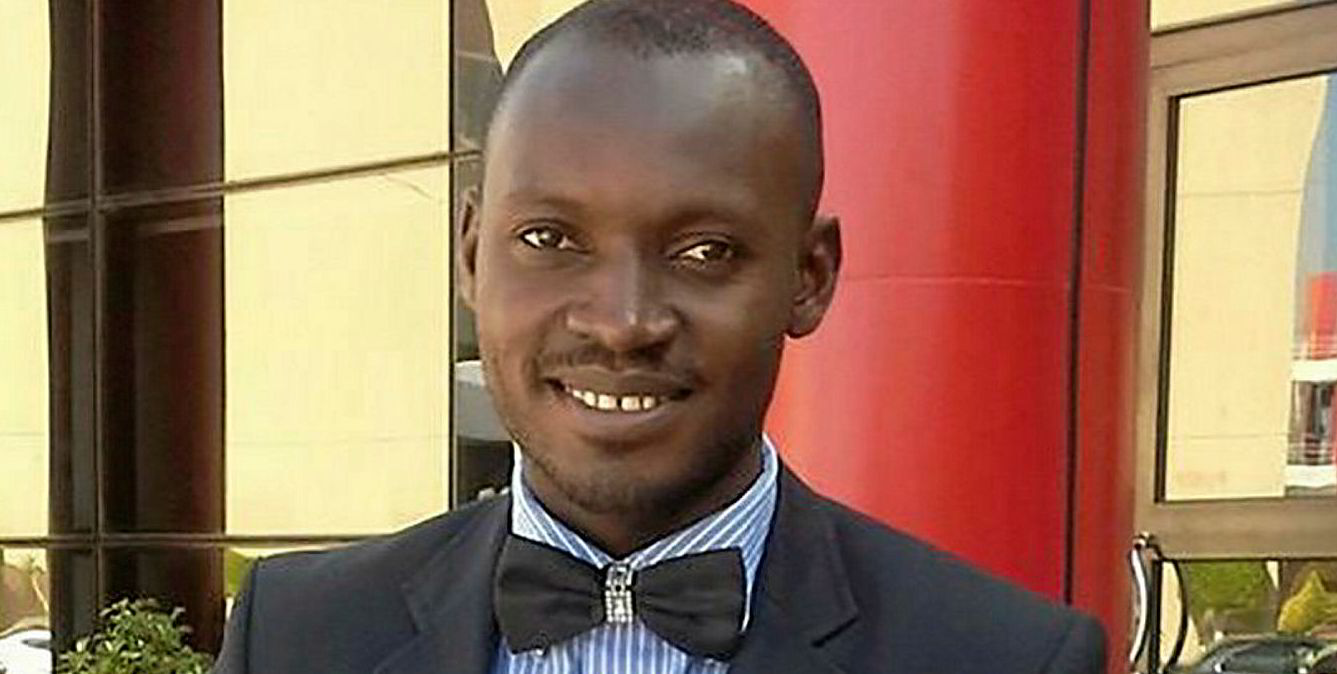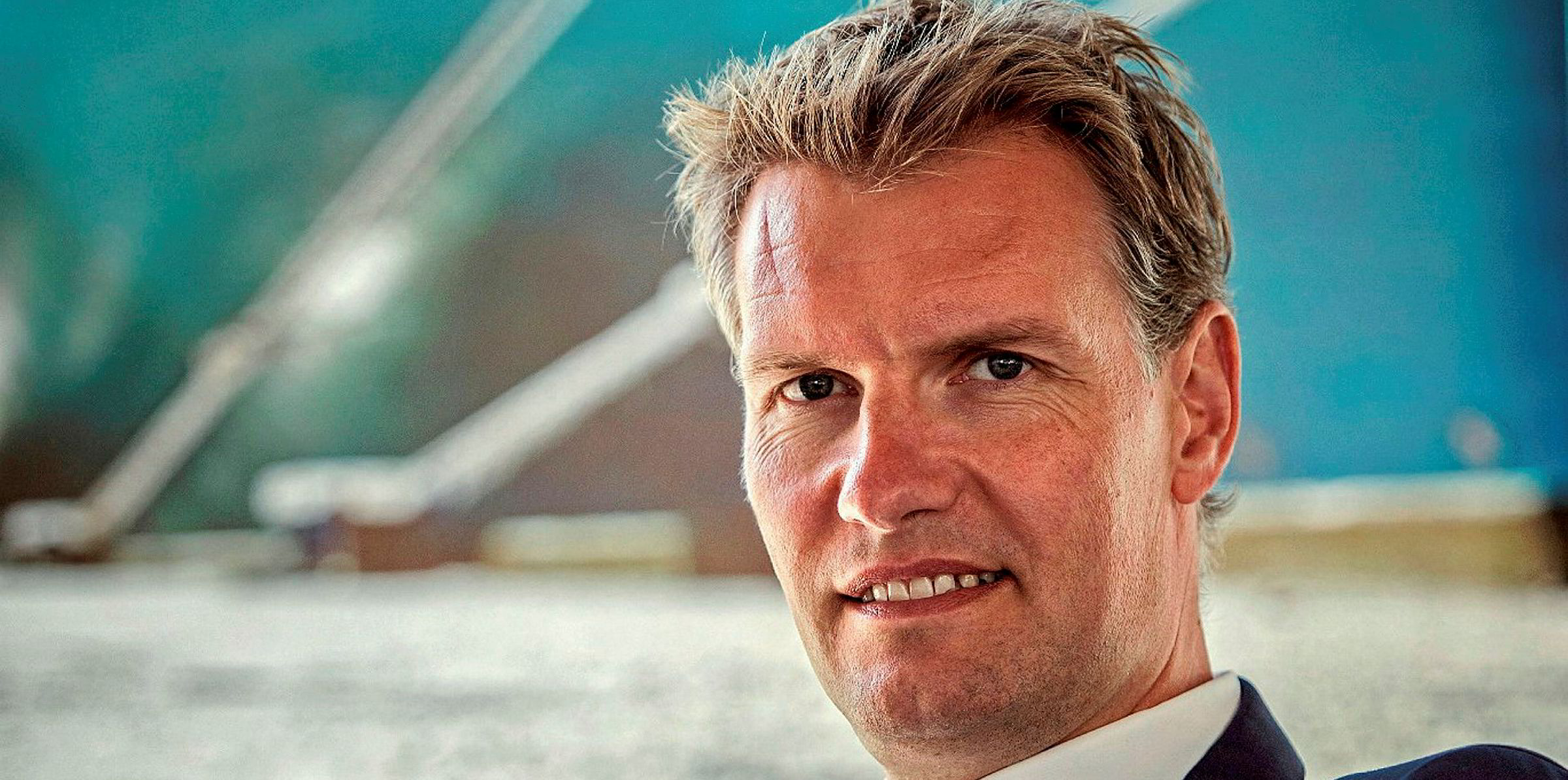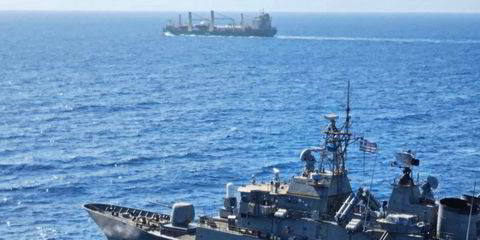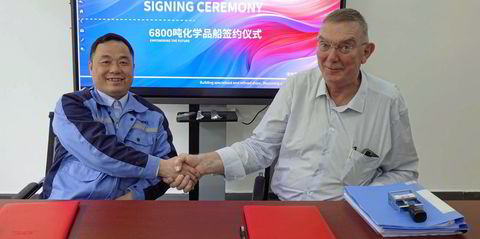A tidal wave of creative and critical thought among the next generation of maritime professionals has been uncovered, as the winners of a new essay competition were revealed.
Environmental sustainability and digitalisation emerged as central issues for many of the 140 participants who submitted entries for the first Future Maritime Leaders essay competition organised by the Global Maritime Forum.
The three winners — from Nigeria, China and Denmark — addressed climate change, trade flows and the impact of digitalisation on ship crews.
Thirty-year-old Iorliam Simon Tersoo, who won for his essay on autonomous shipping, identified the need to manage the loss of jobs caused by new technology.
The safety officer with the Nigerian Maritime Administration and Safety Agency wrote: “How do we phase... engaged people off or provide alternatives for them when the demand for their services declines and the inevitable challenges of life dawn on them and their respective dependants?”
Fellow winner Yiqi Zhang, a 30-year-old PhD student at the Hong Kong University of Science and Technology, won for an essay on a ship emissions trading scheme based on place and time.

“The proposed trading scheme supported by spatial-temporal emission profiles... offers flexibility for regulation compliance during the policy transition period and provides financial incentives for the industry to upgrade to a greener business model,” Zhang wrote.
The final winner, Line Fryd Hofmansen, a management consultant with PA Consulting in Denmark, probed the opportunities for shipping to act as a facilitator in a more sustainable circular economy.
“The maritime industry can achieve long-term impact on the sustainability agenda by finding ways to leverage its role and impact in the ecosystem of trade to become an enabler of [a] circular economy in global supply chains,” she argued.
The winners were picked from essays submitted by students and professionals between the ages of 18 and 30 from 46 countries.
The chair of the Maritime Future Leaders selection committee, Christine Loh, chief development strategist at the Institute for the Environment, at the Hong Kong University of Science and Technology, was encouraged by the quality of the entries.
“It is heartening to see the wide variety of issues and creativity contained in the many essays,” she said. “It makes me believe that the future is bright for the long-term sustainability of the global seaborne trade.”

Other members of the judging panel identified important messages from the submissions.
“The next generation sees decarbonisation and environmental protection as a serious responsibility of the maritime industry, which on the other hand provides unique opportunities for development and innovation,” said Amy Jadesimi, managing director of the Lagos Deep Offshore Logistics Base.
Stephen Cotton, general secretary of the International Transport Workers’ Federation, was encouraged by the tangible solutions suggested.
“Several essays point to how the maritime industry loses out on potential talent due to unattractive career opportunities,” he said. “They propose more investment in training of the current workforce and a larger acceptance of nationality and gender differences to change this perception.”
Graham Westgarth, chief executive of V.Group, said: “A majority of essays see digitalisation as a great opportunity and enabler, while at the same time issuing warnings about potential downsides such as increased cyber security threats.”
The competition winners will take part in the Global Maritime Forum’s annual summit in Singapore at the end of this month.






